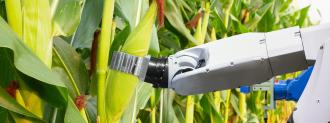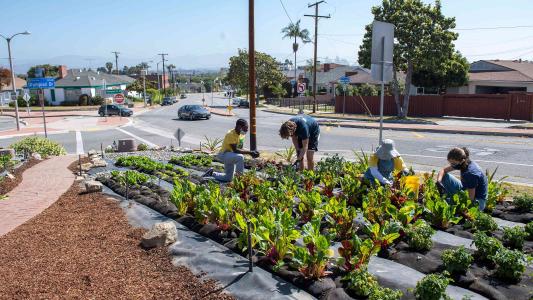Australia’s Charles Sturt University (CSU) has announced plans to create a “hands-free” smart farm where robots will do all the work — no human laborers required.
The challenge: The majority of the food we eat comes from farms, and as the population grows, so does the amount of food needed to feed it.
However, there’s a lot of work that needs to be done around a farm, and many farmers are having trouble finding people to do it. Labor shortages have been a chronic problem in farms throughout the developed world.
The idea: Robots and AI could help close the labor gap, literally doing the jobs people used to do. The tech could also help farmers optimize their operations, allowing them to produce as much food as possible on their land.
“It won’t be too many years before technology will take farmers out of the field and immerse them in the world of robotics, automation, and artificial intelligence,” Richard Norton, CEO of the Food Agility research center, predicted in a press release.
The smart farm: To show just how much these technologies could help farmers, CSU and Food Agility have partnered to create the Global Digital Farm (GDF).
The smart farm will be built at CSU’s Wagga Wagga campus, and it will feature autonomous tractors, harvesters, and other farming robots, as well as AI programs designed to help with farm management and more.
Teachable moments: The plan isn’t for the GDF to simply demonstrate what a smart farm can look like — CSU and Food Agility want to use it to teach Australia’s farmers how to take advantage of all the tech that will be on display.
“This ambitious and unique project will arm Australia’s primary industries workforce with knowledge and technology in crucial fields like data analytics, geospatial mapping, remote sensing, machine learning, and cybersecurity,” Niall Blair, a professor of food sustainability at CSU, said.
We’d love to hear from you! If you have a comment about this article or if you have a tip for a future Freethink story, please email us at [email protected].






